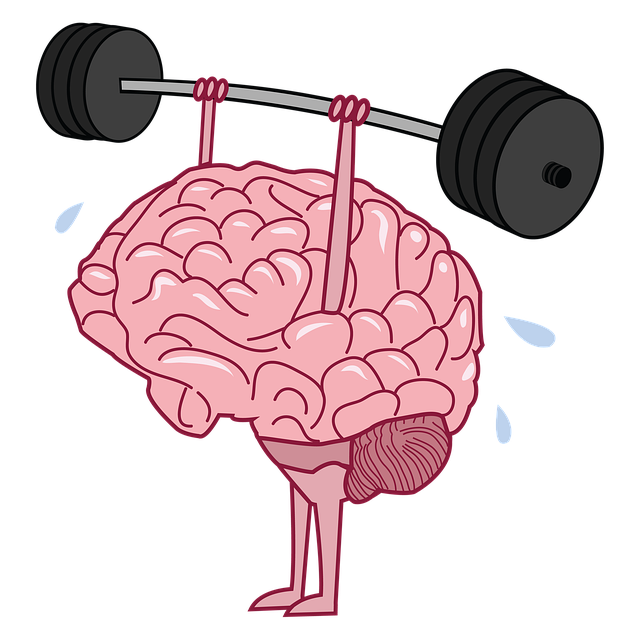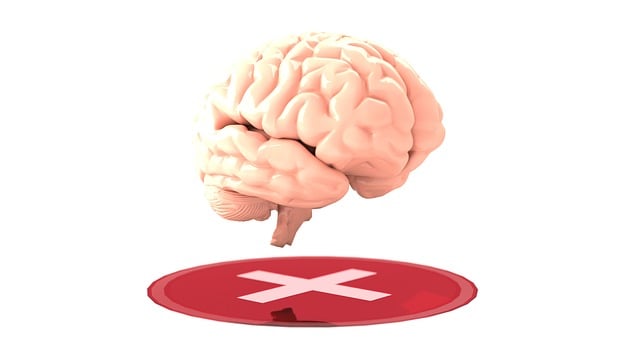Navigating mental illness diagnoses during formative years can be overwhelming for young adults. Adopting an open mindset and embracing learning opportunities is crucial. Somatic Experiencing (SET) therapy focuses on the mind-body connection, helping individuals identify and release repressed tension or traumatic memories impacting their mental health. Understanding one's diagnosis and reducing stigma encourage compassion and seeking help for issues like chronic stress. SET, designed specifically for young adults with anxiety, depression, and PTSD, uses holistic practices to process trauma and build resilience. Effective treatment options include therapy and structured programs that promote personal growth, empowering young adults to face challenges and foster holistic well-being.
“Uncertainty often shrouds mental illness diagnosis, but understanding this process is a vital step towards healing. This article serves as a comprehensive guide for young adults navigating their mental health journey. We delve into the intricacies of diagnosis, shedding light on signs and symptoms to watch for. Furthermore, we explore Somatic Experiencing Therapy (SET), an innovative approach gaining traction in treating trauma-related disorders. By understanding treatment options, including SET, and embracing personal growth, young adults can find their way to improved mental well-being.”
- Understanding Mental Illness Diagnosis: A Young Adult's Guide
- Exploring Somatic Experiencing Therapy for Effective Treatment
- Navigating Treatment Options and Supporting Personal Growth
Understanding Mental Illness Diagnosis: A Young Adult's Guide

Navigating mental illness diagnosis can be a daunting task for young adults, especially when they’re just beginning to understand their own minds and bodies. It’s crucial to approach this process with an open mind and a willingness to learn. Therapy, specifically somatic experiencing, offers a powerful tool for processing emotions and traumatic experiences that may contribute to mental health challenges. This therapeutic approach focuses on the connection between the body and mind, helping young adults identify and release held tension or memories that could be impacting their overall well-being.
Understanding your diagnosis is key to effective treatment. Mental illness stigma reduction efforts play a vital role in this journey by promoting understanding and compassion. By recognizing that mental health struggles are common and treatable, young adults can feel empowered to seek help for symptoms like chronic stress or burnout prevention. Incorporating stress management techniques alongside therapy can further support overall mental health and foster resilience as individuals navigate their unique paths to healing.
Exploring Somatic Experiencing Therapy for Effective Treatment

Somatic Experiencing Therapy (SET) has emerged as a powerful approach for young adults navigating mental illness. This therapeutic method focuses on the connection between the mind and body, recognizing that emotional trauma can manifest physically. By addressing these somatosensory experiences, SET helps individuals process and release repressed emotions, leading to significant improvements in their mental wellness.
For young adults struggling with anxiety, depression, or PTSD, SET offers a unique perspective. It encourages clients to explore self-care practices that target both the symptoms and underlying causes of their conditions. Through various techniques, such as mindfulness exercises and body scan meditations, coping skills development becomes more accessible. This holistic approach not only facilitates short-term relief but also empowers individuals to maintain long-lasting mental health by fostering a deeper understanding of their bodies’ signals.
Navigating Treatment Options and Supporting Personal Growth

Navigating treatment options is a crucial step in managing mental illness, especially for young adults seeking support and guidance. Therapy plays a pivotal role in this journey, offering various approaches to address diverse needs. Somatic Experiencing, for instance, has gained prominence as an effective therapy for processing traumatic experiences and promoting resilience. This method focuses on the body’s response to trauma, helping individuals integrate their physical and emotional states for lasting healing.
Beyond therapeutic interventions, supporting personal growth is essential in the mental health landscape. Mental health professionals can facilitate this by incorporating risk assessment tools to identify potential risks and provide appropriate crisis intervention guidance. By fostering resilience through structured programs, professionals enable young adults to navigate challenges, build coping mechanisms, and cultivate a sense of empowerment. This holistic approach ensures that treatment goes beyond symptoms, promoting overall well-being and personal development.
Mental illness diagnosis and treatment can be a complex journey, especially for young adults. This article has provided valuable insights into understanding mental health conditions, exploring innovative therapy methods like Somatic Experiencing for effective healing, and navigating various treatment options to foster personal growth. By recognizing the importance of early intervention and access to resources, young adults can take proactive steps towards managing their well-being. Remember, seeking help is a sign of strength, and with the right support, individuals can embark on a path of recovery and self-discovery through therapy, such as Somatic Experiencing, tailored to their unique needs.














